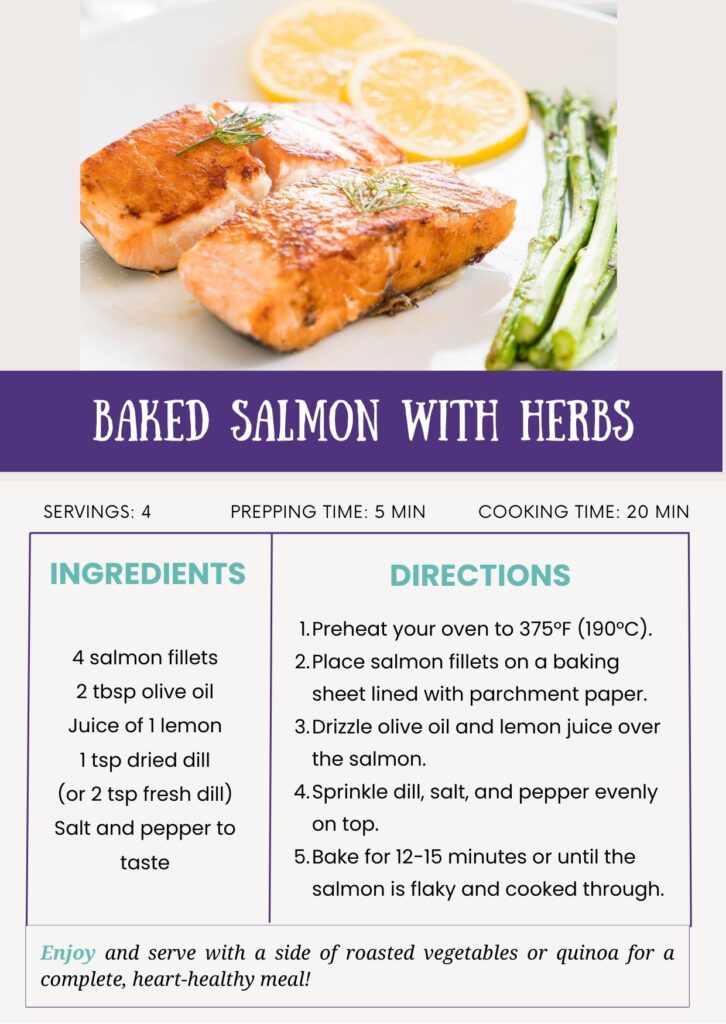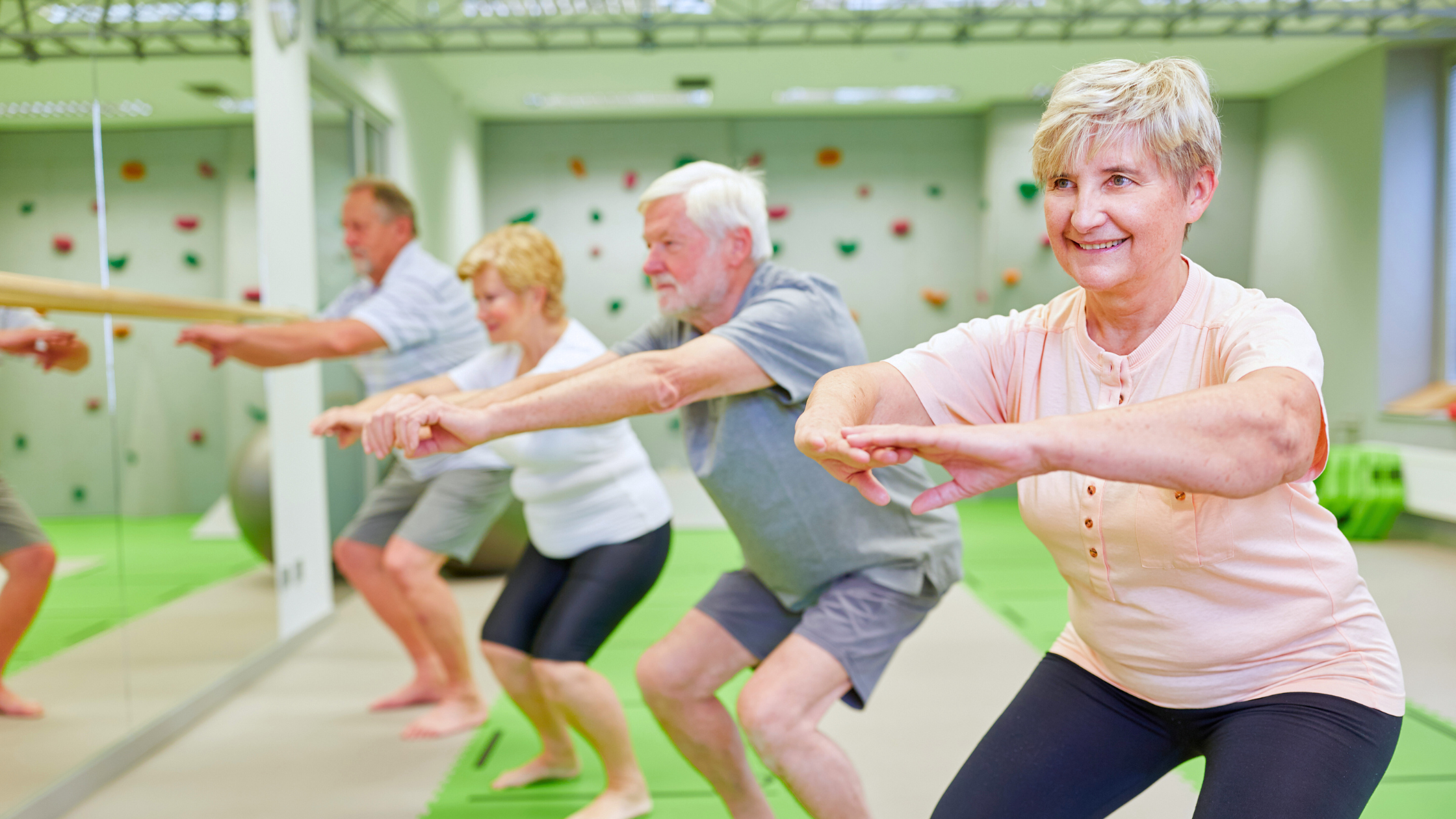The holiday season is a time of joy, connection, and indulgence. It’s a time when tables are brimming with rich, delicious foods, tempting treats, and endless gatherings. While it’s wonderful to celebrate, it can also be challenging to stick to healthy eating habits, especially for older adults striving for longevity and pro-aging wellness. But here’s the good news: you can absolutely enjoy the holidays and maintain a healthy, balanced lifestyle.
For older adults, adopting smart eating habits during the holiday season can enhance energy, boost mood, and promote longevity—all while savoring the season’s delights. This blog offers practical strategies to embrace healthy holiday eating and make choices that nurture your body, support healthy aging, and allow you to enjoy every festive moment.
Why Healthy Holiday Eating Matters for Pro-Aging and Longevity
As we age, our nutritional needs change. The body requires fewer calories but more nutrient-dense foods to maintain energy, support bone health, and reduce inflammation. Overindulgence in sugary, fatty, or processed foods can take a toll on an older adult’s overall health and wellness, leading to unwanted weight gain, blood sugar spikes, and digestive discomfort.
Here are some benefits of prioritizing healthy eating during the holidays:
- Boosted Energy: Nutrient-rich foods fuel your body, keeping energy levels up for all the festivities.
- Reduced Inflammation: A balanced diet helps combat inflammation, which is linked to chronic diseases and aging.
- Improved Digestion: Eating mindfully and choosing whole foods keeps your digestive system functioning smoothly.
- Enhanced Immunity: Holidays are also cold and flu season. A healthy diet strengthens your immune system.
- Long-Term Longevity: Consistent healthy eating habits help reduce the risk of chronic conditions such as heart disease, diabetes, and osteoporosis.
Embracing a wellness mindset this holiday season is key to pro-aging—living well, feeling vibrant, and staying strong as you age.
Top 7 Tips for Healthy Holiday Eating
To help you enjoy a balanced holiday season while focusing on your pro-aging and longevity goals, follow these simple yet effective strategies:
1. Start Your Day Right
The holidays often mean busy schedules, late nights, and tempting spreads. A strong start can set the tone for the rest of your day.
- Begin with a nutrient-rich breakfast: Include protein (like eggs, Greek yogurt, or plant-based protein), fiber (oatmeal, whole-grain toast, or fruits), and healthy fats (nuts, seeds, or avocado).
- Hydrate: Start your morning with a glass of water or herbal tea to boost hydration and improve digestion.
A good breakfast stabilizes blood sugar, curbs cravings, and gives you the energy you need for holiday activities.
2. Plan Ahead
Heading to a holiday gathering? Plan your approach to avoid overindulging.
- Eat before you go: Have a light, healthy snack before arriving at a party to avoid showing up hungry and making impulsive food choices. A small salad, some nuts, or a smoothie works well.
- Survey the buffet: Take a look at what’s available before filling your plate. Prioritize veggies, lean proteins, and whole grains.
Bring a healthy dish: If you’re contributing to a meal, bring a nutritious option like roasted vegetables, a quinoa salad, or a fruit platter.
3. Focus on Nutrient-Dense Foods
Fill your plate with foods that nourish your body and provide the essential vitamins and minerals you need to thrive.
- Prioritize vegetables: Fill at least half your plate with colorful veggies, which are packed with antioxidants and fiber.
- Include lean proteins: Turkey, chicken, fish, tofu, and legumes provide protein to keep you full and support muscle health.
- Choose whole grains: Swap white bread or pasta for whole-grain options like quinoa, brown rice, or whole wheat rolls.
Healthy fats: Add heart-healthy fats like olive oil, nuts, seeds, and avocados.
4. Practice Mindful Eating

The holidays are all about savoring, so slow down and enjoy every bite.
- Eat slowly: Chew your food well and put your fork down between bites. This helps with digestion and prevents overeating.
- Listen to your body: Eat until you’re satisfied, not stuffed. Pay attention to hunger and fullness cues.
- Enjoy your food: Take in the flavors, textures, and aromas of your meal. Avoid distractions like screens while eating.
Mindful eating allows you to indulge in moderation while still feeling satisfied.
5. Be Smart About Sweets
Desserts and treats are an inevitable part of holiday celebrations. Enjoying them in moderation is key.
- Pick your favorites: Instead of sampling every dessert, choose one or two treats you truly enjoy.
- Control portions: Opt for smaller servings or share a dessert with someone.
- Swap ingredients: If you’re baking, use natural sweeteners like honey or applesauce and incorporate whole-grain flours.
Satisfying your sweet tooth mindfully can help you avoid blood sugar spikes and energy crashes.
6. Stay Active
Healthy holiday eating goes hand-in-hand with staying active.
- Schedule movement: Whether it’s a brisk morning walk, yoga session, or dancing at a holiday party, aim to move your body every day.
- Incorporate gentle exercises: Activities like stretching, Pilates, and light strength training are great for older adults and promote longevity.
- Walk after meals: A 10-15 minute walk after eating helps with digestion and regulates blood sugar.
7. Stay Hydrated
With all the festive drinks flowing, it’s easy to forget about hydration.
- Drink water throughout the day: Carry a water bottle or sip on herbal teas to stay hydrated.
- Alternate alcoholic drinks with water: If you’re enjoying wine or cocktails, have a glass of water in between to prevent dehydration.
- Limit sugary drinks: Opt for infused water, sparkling water with lime, or herbal teas instead of sugary sodas and juices.
Staying hydrated is essential for energy, digestion, and overall health.

Healthy Holiday Recipe Ideas
Here are a few nutritious and delicious ideas to bring to your next holiday meal:
- Roasted Winter Vegetables: Toss carrots, Brussels sprouts, sweet potatoes, and beets in olive oil, garlic, and rosemary.
- Quinoa and Cranberry Salad: Mix quinoa, dried cranberries, spinach, walnuts, and a lemon-tahini dressing.
- Baked Salmon with Herbs: Season salmon with lemon, dill, and olive oil for a heart-healthy main dish.
- Dark Chocolate Dipped Fruit: Dip strawberries, orange slices, or bananas in melted dark chocolate for a sweet, antioxidant-rich treat.
Final Thoughts: A Balanced Approach to Holiday Eating
Healthy holiday eating isn’t about restriction—it’s about balance, mindfulness, and making choices that align with your pro-aging and longevity goals. By incorporating nutrient-dense foods, practicing mindful eating, and staying active, you can enjoy the festive season while caring for your body and health.
Savor the holiday spirit, celebrate with loved ones, and prioritize your well-being. Every small choice adds up to a healthier, happier you. Stay vibrant this season and beyond with Ageless Workout’s support.
Watch this video of Nate Wilkins’ Holiday Guide for Survival: Staying Healthy During the Festivities for more holiday tips and insights.






